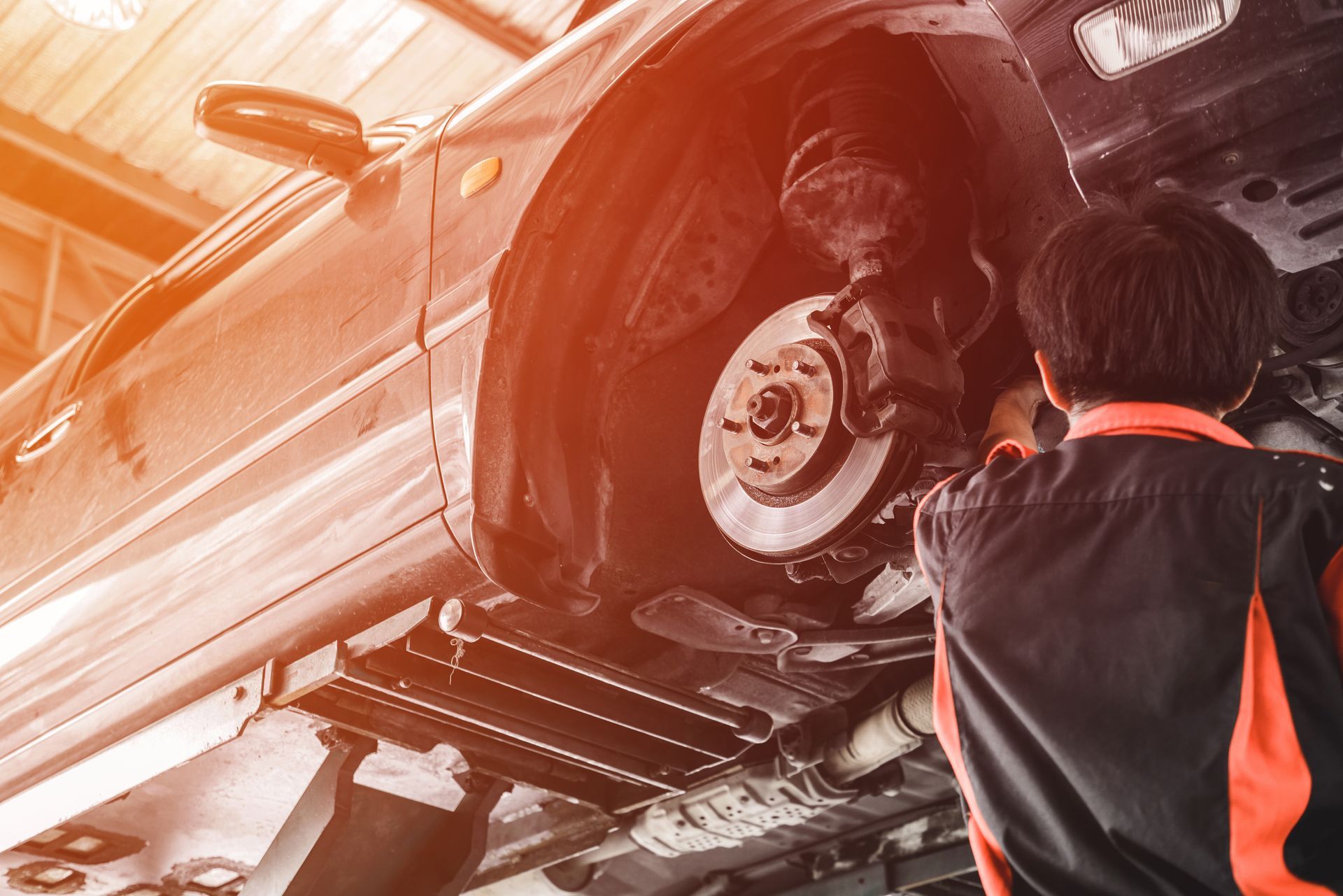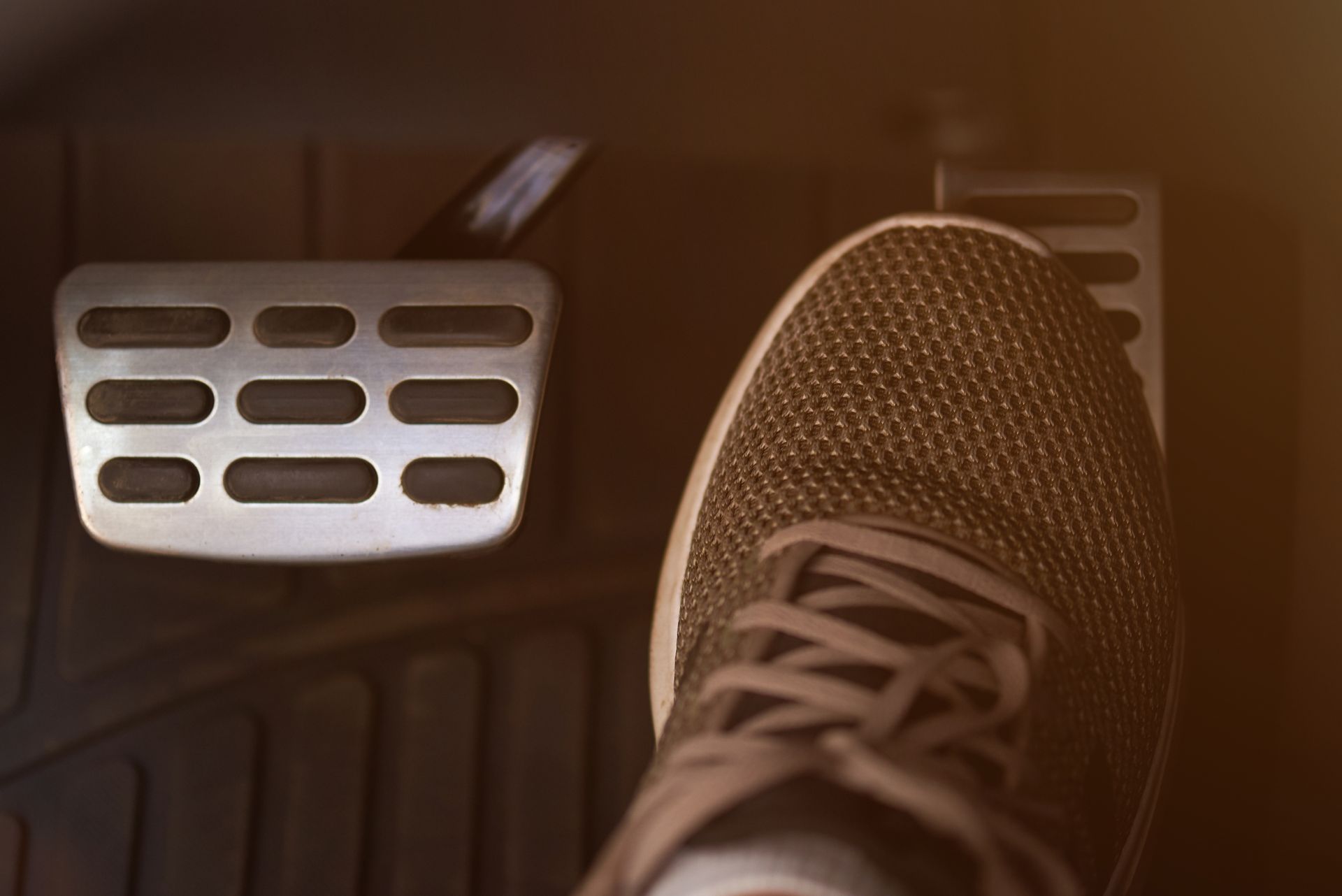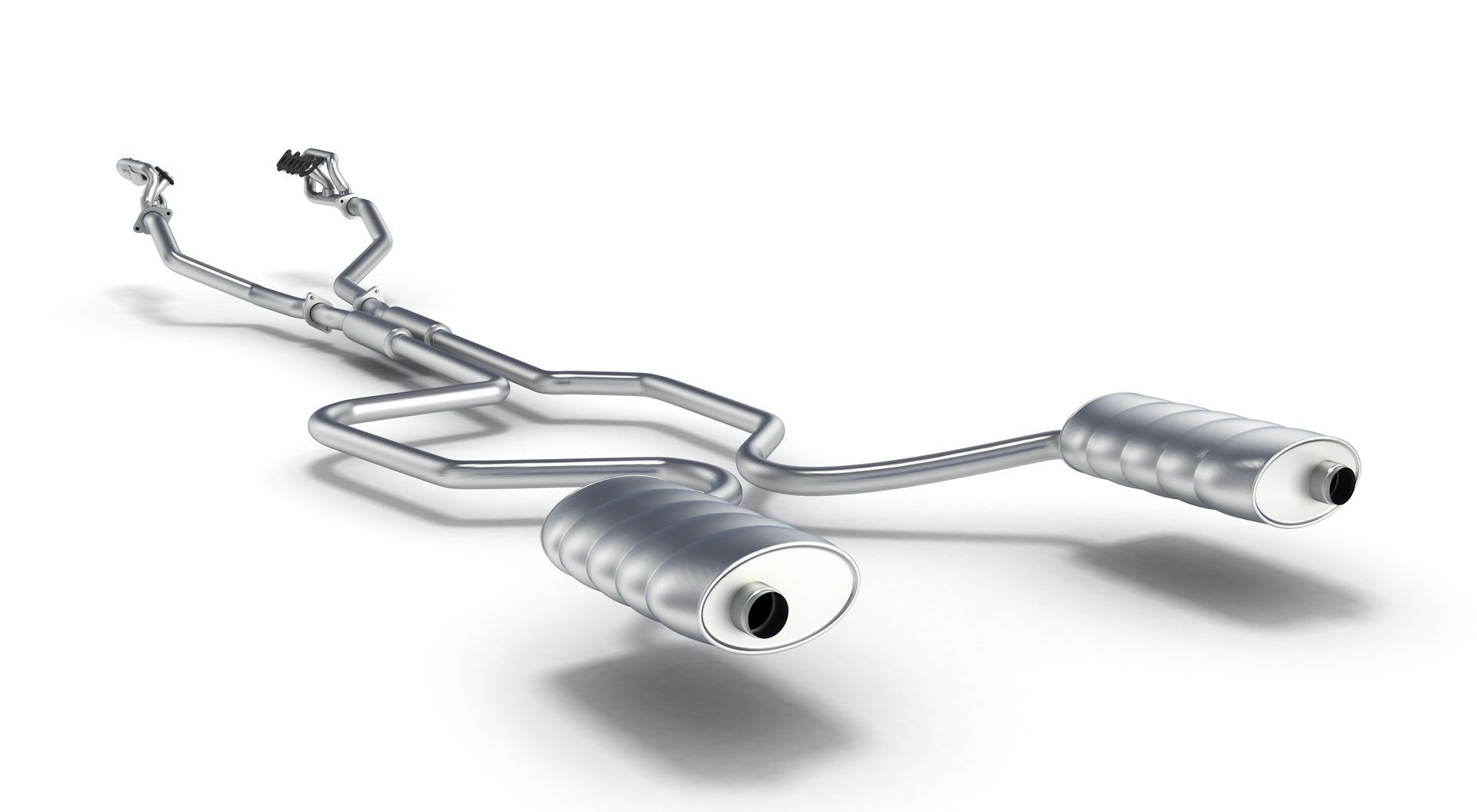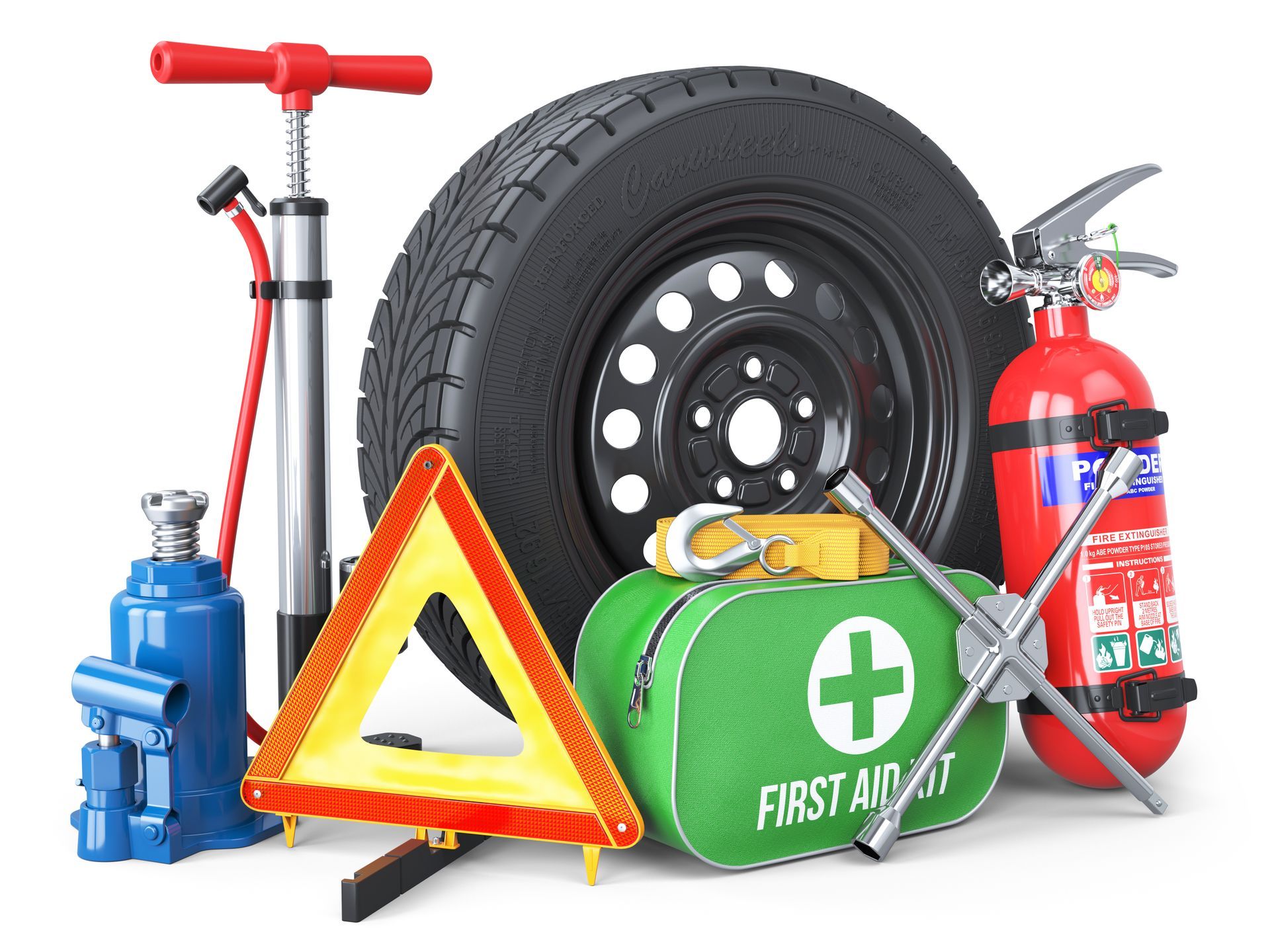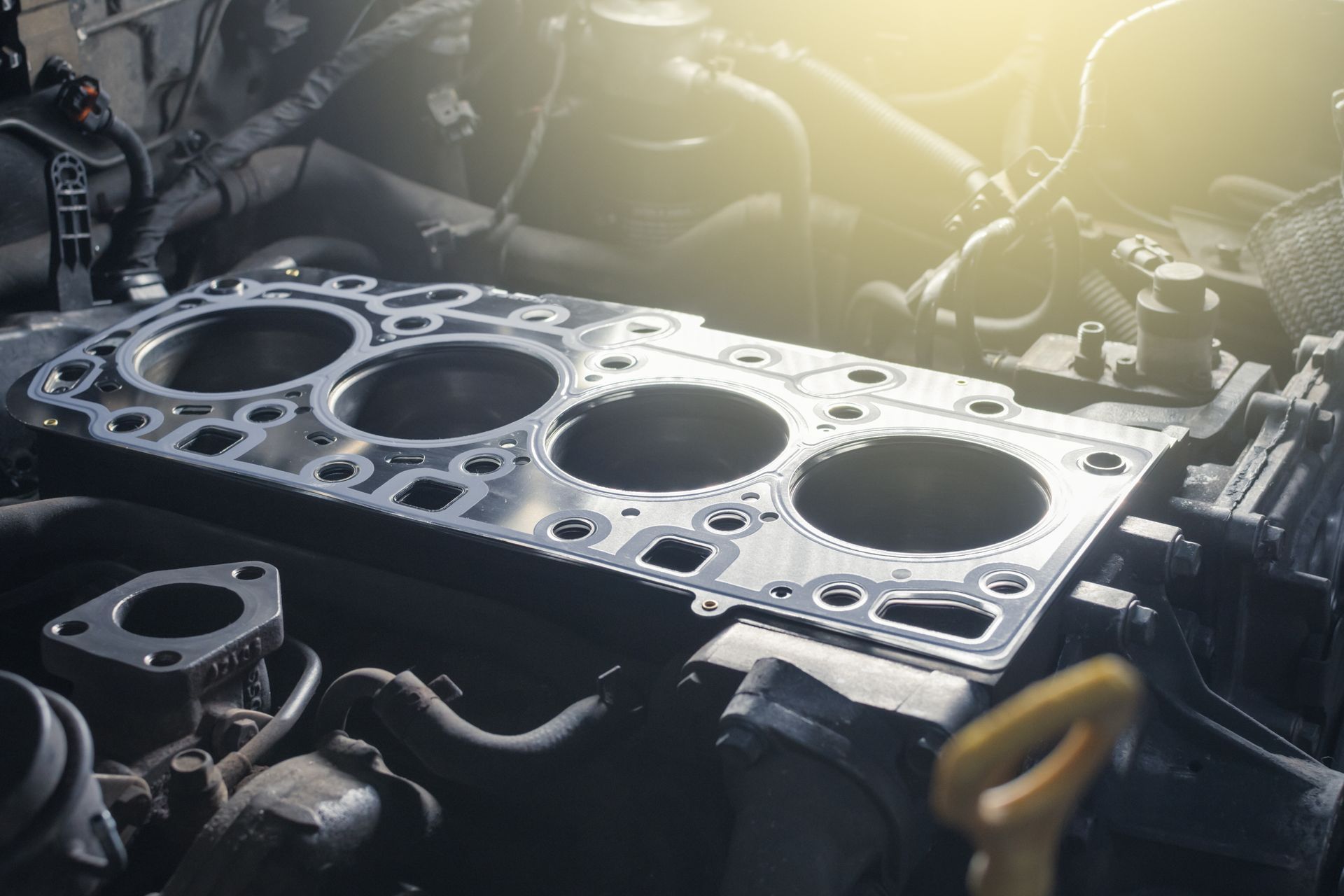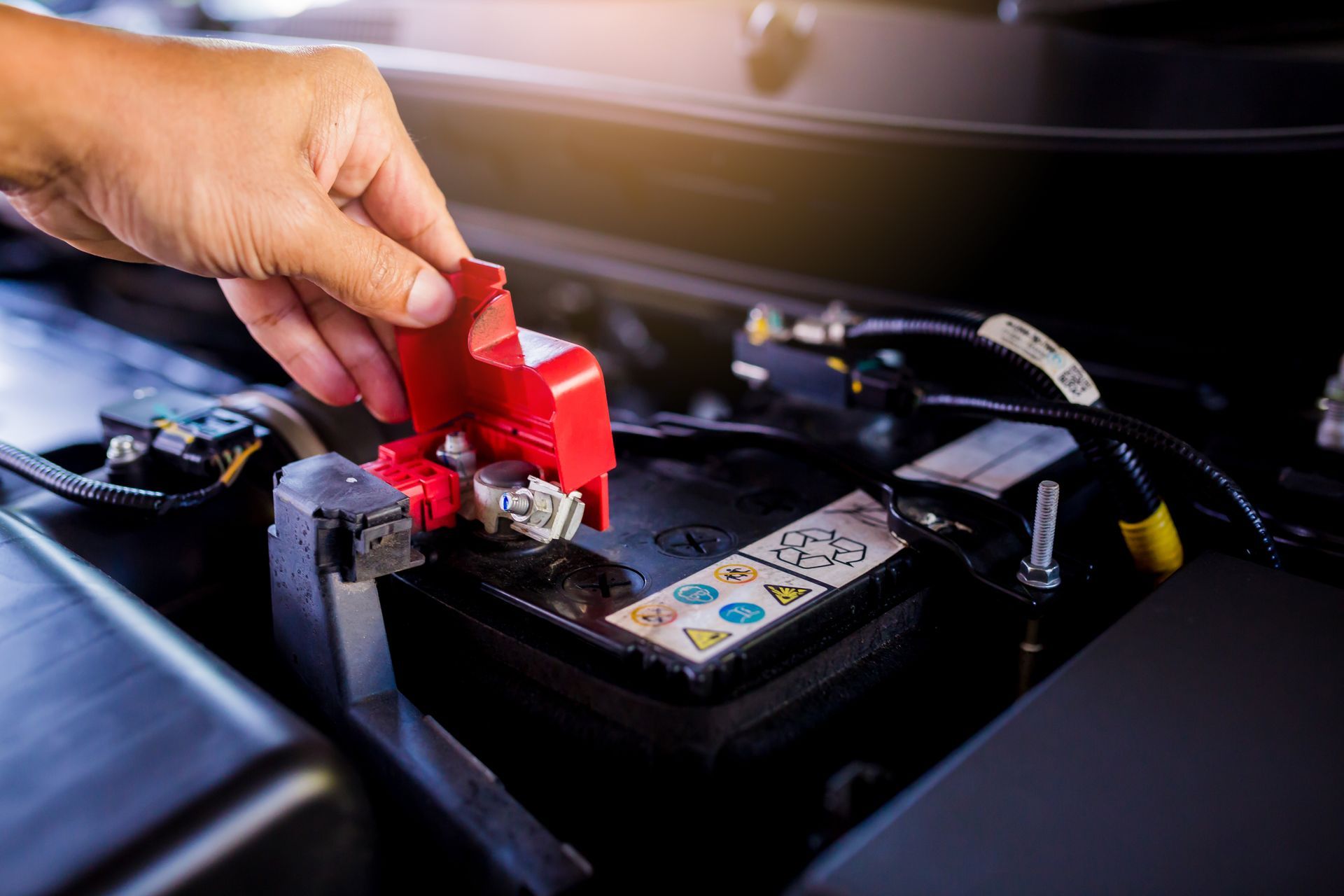When it comes to staying safe on the road, few systems are more important than your brakes. They're responsible for bringing your vehicle to a stop quickly and reliably in all conditions. But brake issues don’t always show up with flashing lights or dashboard alerts. Often, your car gives you subtle (or not-so-subtle) signs that something isn’t right. Catching these warnings early can save you from costly repairs—or worse, a dangerous situation.
Here are five signs that your brakes might be in trouble and why they shouldn't be ignored.
1. You Hear a Squealing or Grinding Noise
That high-pitched squeal you hear when applying the brakes isn’t just annoying—it’s a built-in warning signal. Brake pads have wear indicators that squeak when the pad material gets low, alerting you that it’s time for a replacement.
If the squealing turns into a grinding sound, that means the pads are completely worn down and the metal backing is contacting the rotors. At this point, you’re not just damaging your rotors—you’re also significantly reducing your braking ability.
The sooner you act after hearing squealing, the less damage your brake system will suffer.
2. The Brake Pedal Feels Soft or Spongy
A soft or mushy brake pedal is a serious concern. It often points to a problem with the brake fluid, such as air trapped in the lines, a leak in the system, or old fluid that has absorbed moisture. In some cases, it could also be a failing master cylinder.
You should always feel firm, predictable resistance when pressing the brake pedal. If it suddenly takes longer to stop or the pedal sinks too easily, it’s time to have your brakes checked immediately.
3. The Car Pulls to One Side When Braking
If your vehicle veers left or right when you apply the brakes, something’s off with the braking system. The most common causes include uneven brake pad wear, a stuck caliper, or inconsistent brake pressure on one side.
This not only affects your ability to stop straight—it also puts added stress on your tires, suspension, and steering components. More importantly, it increases your risk of losing control in an emergency stop.
4. You Feel Vibrations When Braking
Brake pedal vibration—especially when slowing down at higher speeds—is usually a sign of warped brake rotors. When rotors become uneven due to heat, wear, or hard stops, they can’t maintain smooth contact with the brake pads. The result is that shuddering feeling through the pedal or steering wheel.
Rotor resurfacing or replacement is often required to restore smooth braking. Left alone, this problem will cause premature pad wear and reduced stopping performance.
5. Your Brake Warning Light Comes On
Your dashboard’s brake warning light isn’t just for emergencies—it can indicate a number of issues, including low brake fluid, worn pads, or problems with the ABS system. If the light stays on or flashes while driving, it’s important not to ignore it.
Even if everything “feels fine,” a triggered warning light means the system has detected a potential safety issue that needs attention. The longer you drive with the light on, the greater the risk of component failure.
Northside Auto – Brake Inspections and Repairs in Lethbridge, AB
If you’re experiencing any of these brake warning signs, don’t wait. Bring your vehicle to
Northside Auto in Lethbridge, AB, for a comprehensive brake inspection. Our experienced technicians will check pads, rotors, fluid, and every part of your braking system to ensure it's working as it should.



